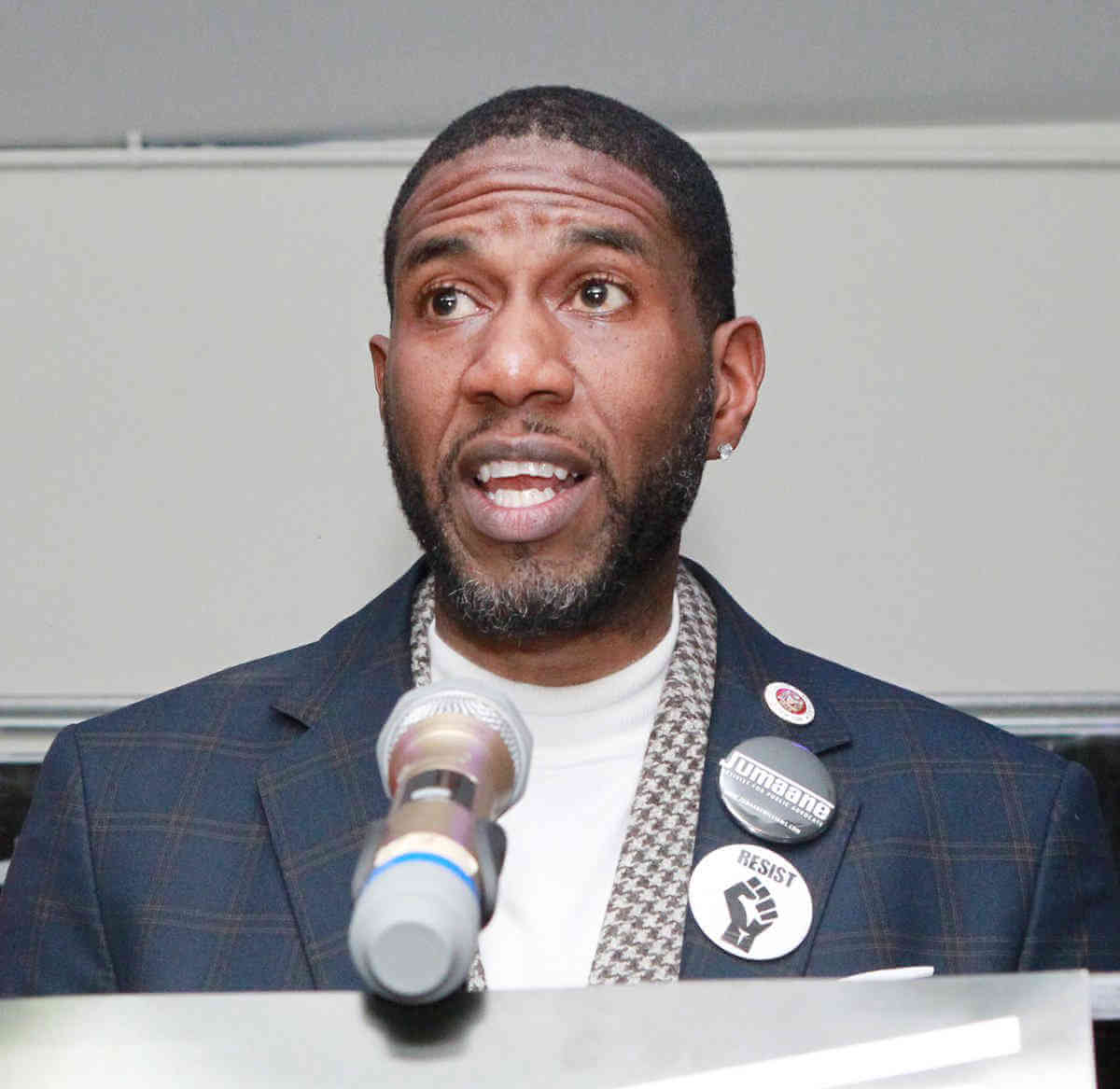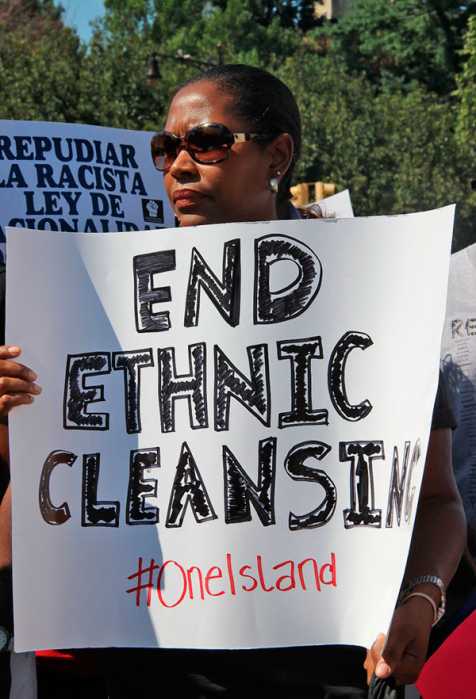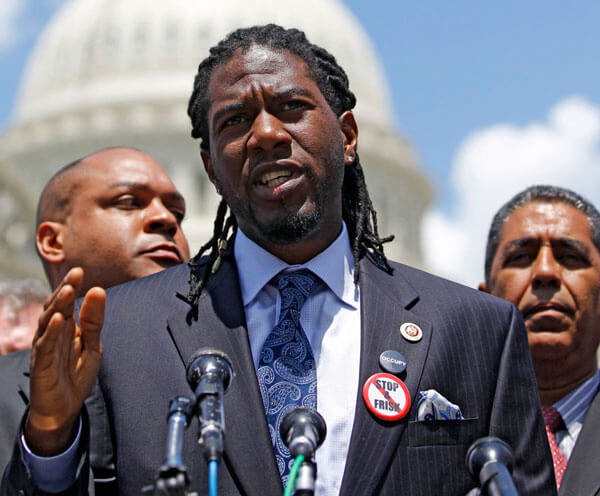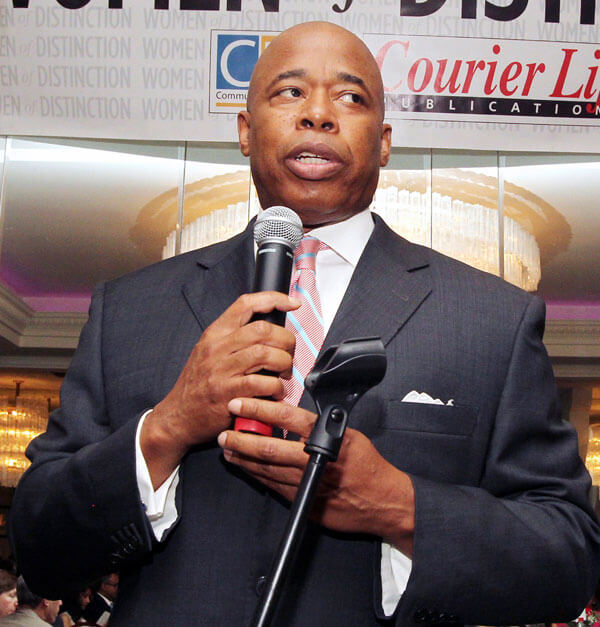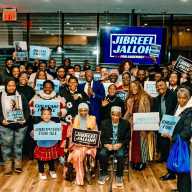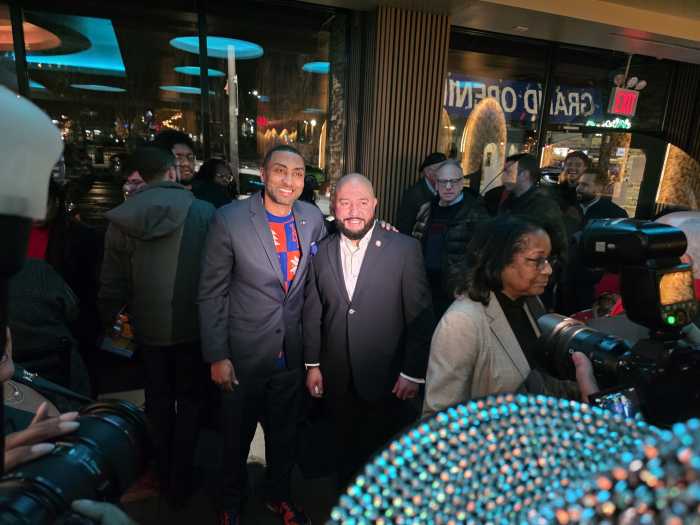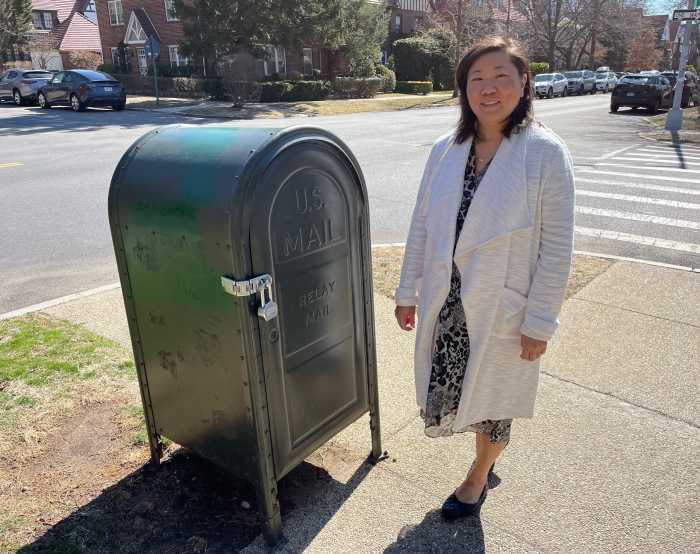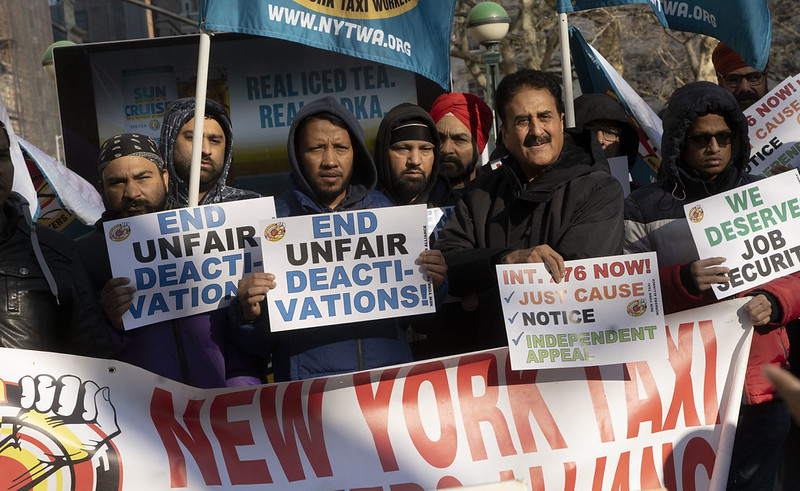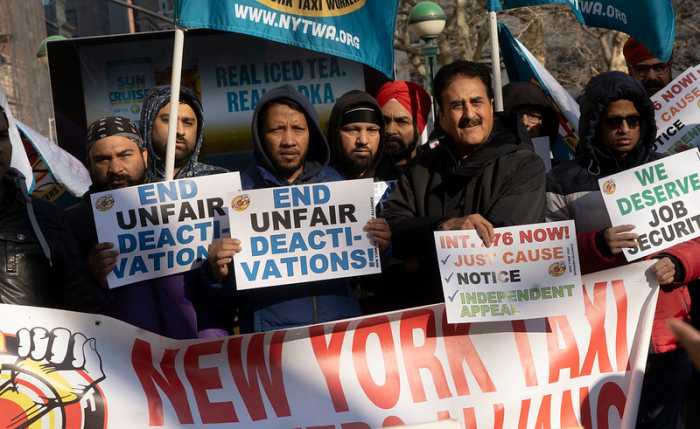New York City Public Advocate Jumaane D. Williams on Tuesday held a roundtable discussion with representatives from police organizations to address officer mental health in the wake of a recent spike in New York Police Department (NYPD) officer suicides.
Williams noted that nine officers have lost their lives to suicide this year, an increase from a previous average of four to five annually.
The roundtable brought together a coalition of NYPD officer fraternal organizations, including the National Latino Officers Association, the Grand Council of Guardians, the NYPD Guardians Association and the National Organization of Black Law Enforcement.
The Police Benevolent Association and the mental health advocacy organization Samaritans NYC also participated in the discussions, Williams said.
He said participants “candidly discussed daily stressors faced by New York City police officers.”
These included pressure to meet performance goals; broadly-held perceptions of police officers nationwide; the NYPD’s “lack of flexibility” in meeting officers’ personal requests/needs, such as changing shifts and precinct reassignments; lack of a system to track complaints about supervisors; the stigma and consequences attached to officers asking for mental health support; and officers being “psyched out” of career advancement.
“Suicides are up around our nation, and NYPD officers’ suicides are among the highest, especially this year,” Williams told reporters afterwards. “This conversation, this press conference, is not meant to be a harsh criticism of the department on this issue.
“This is about moving away from stigma and moving toward solutions that can save lives,” he added. “We have a mental health crisis, and we need to meet the very human and personal needs of men and women who police our communities.”
Williams said several methods in addressing “the crisis” were raised, with recurring themes including the creation of an independent support system that allows officers to seek help anonymously.
Currently, according to attendees, there are reporting mandates when officers seek mental health support, Williams said.
Other recurring themes were: Creating career mentorship programs within the NYPD; Normalizing conversations about mental health and creating opportunities for regular check-ins; and De-stigmatizing officers and programs that support those who ask for help.
Williams said his office is pursuing legislation that would provide an independent hotline “that would give officers the anonymity that is currently lacking when they need help/support.”
He indicated that findings from the roundtable would be made available to the NYPD, and that these conversations and discussions would continue with all stakeholders.


